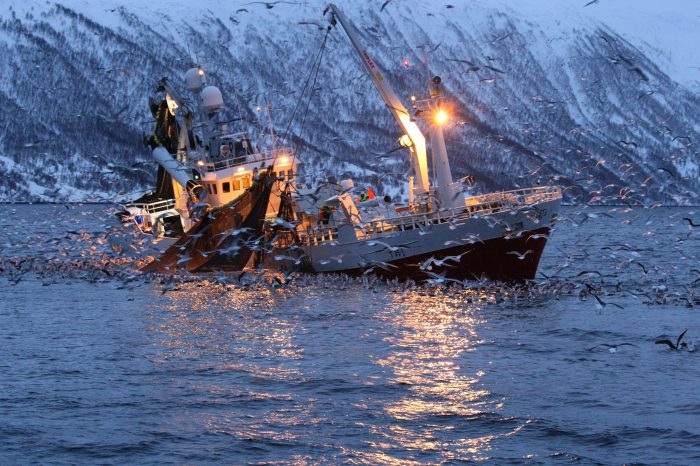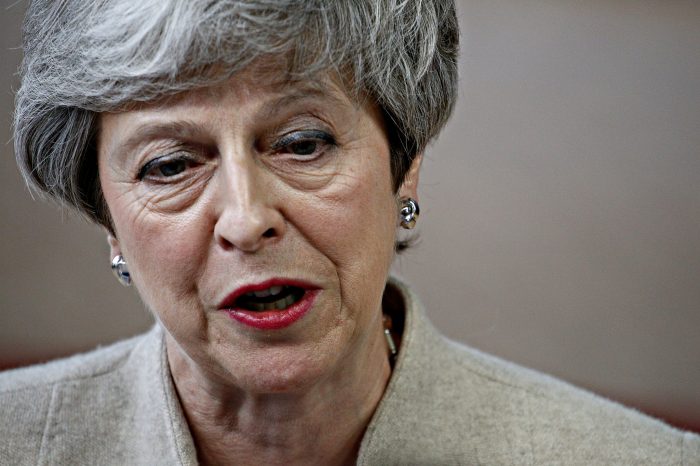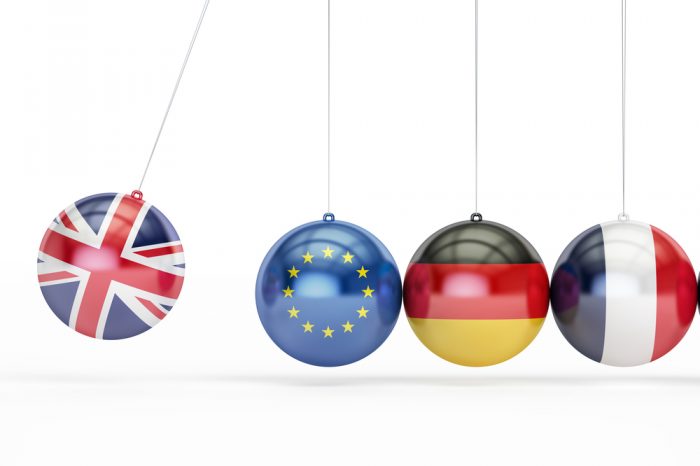Becalmed yet drifting apart?
After all the euphoria of the Brexit vote, we have currently entered a more sober period where the complexities of devising a comprehensive leave strategy are keeping members of HM Government fully on their toes.
We have been forwarded a communication from Maria Caulfield, the newly-elected Conservative MP for Lewes in East Sussex, who is on the House of Commons Brexit Select Committee. This was her summary of progress at the end of October:-
Meanwhile, events are conspiring to produce a sense of that the EU is becalmed too. The decade 2011-20 looks likely to be the first in which the EU has made no tangible political advance. It is now nearly seven years since the Lisbon Treaty came into force and while the Five Presidents’ Report – a framework for a new treaty – hasn’t been consigned to oblivion, the challenges any new treaty on closer union would face are immense, even without the UKaround to drag its heels. In this decade, one small country, Croatia, has joined, but this has been more than offest by the UK’s Brexit vote. The last time a country withdrew from the European Project was 1985 when Greenland left. However, the same decade saw both the Single European Act and the accession of Greece, Spain and Portugal.
As if to underline the degree to which the EU project is becalmed, tiny Moldova recently elected a pro-Russian president, Igor Dodon, after several years of rule by pro-EU Maia Sandu, a former World Bank official. Moldova, a former Soviet republic which borders Romania, signed an association agreement with the EU in 2014, normally the first step towards a fulll membership application. The election of a pro-Russian president suggests that there is now unlikely to be any progress in this direction for the time being, especially as he called for the repeal of the agreement during the campaign and instead to join the Russian-led Eurasian customs union.
This reversal comes only five months after Switzerland formally withdrew its membership application, following Iceland’s example last year. Meanwhile, Turkey, which applied to join the EU as far back as 1987, is looking less and less likely ever to join. Norway still retains its pro-EU government led by the Conservative Erna Solberg, but one reason for the enthusiasm of the Norwegian government to lend its support to David Cameron was a recognition that a vote for Brexit would be the final nail in the coffin of any hopes of Norway joining the EU. Essentually, these events, some of them seemingly small and insignficant, all combine further to tarnish the EU’s image.
Expansion and ever-closer union has been part of its DNA from the very start. Manuel Valls, the French Prime Minister, gave a speech in Berlin yesterday where he warned that “Europe could die.” His proposal was that France and Germany should lead a coaltion of the willing towards closer fiscal integration so that the European Project can regain some momentum. However, he will face problems selling this to his own countrymen and nothing will happen anyway before Italy’s referendum on constitutional reform on 4th December, which could bring down Matteo Renzi, the Prime Minister, and create a further headache for the EU as the Eurosceptic Five Star Movement could find itself one step closer to power.
Even though we may find ourselves unable to extract ourselves financially from the EU as soon as we would like, we are going to be watching these events as spectators. It came as quite a surprise at the time of the referendum result that the reaction in Brussels and other European capitals was regret, but no attempt to try to keep us on board. Article 50 may not have been triggered yet, but the crucial blow was struck on June 23rd. it hit the EU hard and its subsequent energies have been devoted to cauterising the wound. Whatever the confusion in the UK about the government’s exit plan – or lack of one, everything is gearing up for the UK’s departure.
First came the resignation of Lord Hill, the UK’s Commissioner, the ncame the announcement that the UK was surrendering its Presidency of the EU Council, scheduled for the second half of 2017. At the last European Council meeting, Mrs May was treated very much as an outsider. Obviously, as her task is to negotiate our exit, such a frosty reception ought hardly to be a surprise. However, what of those British officials who worked for the EU institutions? They have been encountering a different attitude from their fellow-officials since June 23rd. “They tell tales of colleagues going for coffee when they speak at meetings, or being cut out of email chains. One official said he was treated like a bereaved family member — people avoid you, he said, because they don’t know what to say” says a recent article in the New York Times.
This is the bottom line. There can be no returning to the status quo before June 23rd. Whatever the struggles facing the government to formulate a coherent and comprehensive exit strategy, whatever the machinations of lawyers, Lords and a few incorrigble MPs, the UK and the EU are already drifting inexorably apart.
Photo by Toronto Public Library Special Collections 








